Introduction
No, dogs cannot eat smoked salmon. When adequately prepared, salmon is a healthy food choice – it is highly nutritious and loaded with health-boosting ingredients like protein, omega fatty acids, vitamins, and minerals.
However, smoked salmon is not dog-friendly, which is quite sad. Usually, when we talk about human foods for dogs, most of them are empty calories. On the contrary, salmon is super healthy. However, the processing method (smoking) makes it unfit or, better said, dangerous for dogs.
Why is Smoked Salmon Bad for Dogs?
This is because smoked salmon is a cured meat meaning it contains high amounts of salt and is not thoroughly cooked, leaving space for contaminations (bacterial and parasitic).
So, the next time you are eating smoked salmon and your dog starts begging you to share the meal, think about the following health risks before falling into temptation.
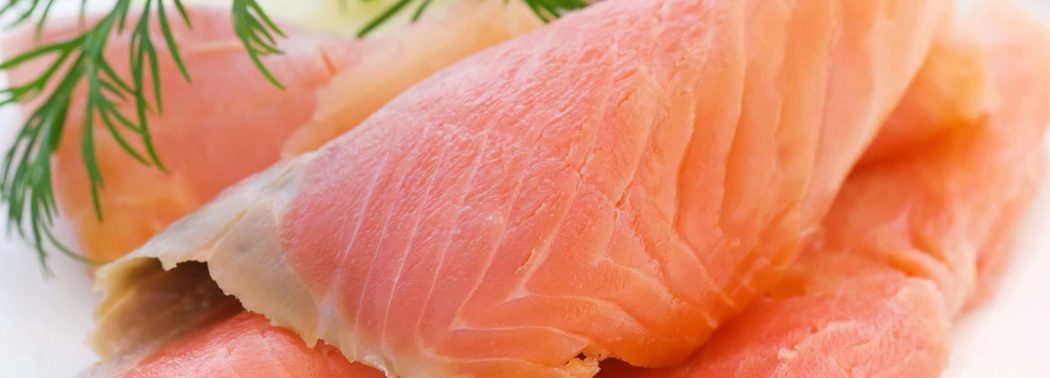
Unhealthy Food Processing
Smoking is a curing method, and it is not healthy. According to the World Health Organisation (WHO), processed meats are classified as Group 1 Carcinogens (proven to cause cancer).
Digestive Upsets
Basically, all human foods can cause stomach upsets in dogs, even if not overfed and given in small amounts. Smoked meats are particularly likely to irritate the digestive system resulting in bouts of diarrhea, vomiting, abdominal pain, gassiness, appetite changes, and other telltale stomach upset issues.
High salt content
Small amounts of salt are essential for life. However, in higher amounts, salt can cause dehydration, especially in dogs with impaired kidney function. In more severe cases (excess amounts), salt causes salt (sodium) poisoning – a potentially life-threatening condition that warrants immediate veterinary treatment.
Salmon Allergies
One of the reasons salmon is healthy for dogs is the fact it is rich in proteins. However, the same factor makes it likely to trigger allergies. In dogs, fish allergies are definitely less common than chicken and beef allergies. However, salmon allergies are possible and should be mentioned as a potential health risk.
The Salmon Bones
Like all fish, salmon contains bones. Sadly, bones pose a dual danger for dogs. First, when gulping down their food, dogs may accidentally inhale instead of swallow a piece of bone which results in choking. Second, the bone may get lodged anywhere along the digestive tract, causing a variety of issues based on the exact lodging location.
Salmon Poisoning
Although rare and limited to specific geographic regions, salmon poisoning is a legit concern when feeding raw salmon (smoked salmon is not straightforward raw, but it does not destroy all pathogens). Salmon poisoning develops if the meat contains the Nanophyetus salmincola parasite. Plus, for the poisoning to occur, N. salmonicola needs to be infected with the microorganism Neorickettsia helminthoeca. If left untreated, salmon poisoning can be fatal.
Salmonella Infections
In addition to parasites, salmon can also be contaminated with bacteria. The most common bacterial pathogen is Salmonella. Luckily, salmonellosis is not a life-threatening condition. However, Salmonella may trigger complications in young, old, and immune-compromised dogs.
Signs Your Dog has Eaten Smoked Salmon
Maybe you did not know smoked salmon is unhealthy, or your dog decided to treat itself and stole a piece from the table or countertop.
Either way, depending on your dog’s size and the amount of smoked salmon it ate, the most probable scenario is digestive upset. The telltale signs and symptoms include:
- Vomiting
- Diarrhea
- Abdominal pain
- Lack of appetite
- Dehydration
- Lethargy.
Salmon allergies, on the other hand, manifest with:
- Diarrhea
- Hives
- Rashes
- Facial swelling.
Worst-case scenario, if the salmon is contaminated and your dog develops salmon poisoning, the following signs and symptoms should be seen as red flags:
- Diarrhea
- Vomiting
- Lack of appetite
- Dehydration
- Fever
- Rapid weight loss
- Swollen lymph nodes.
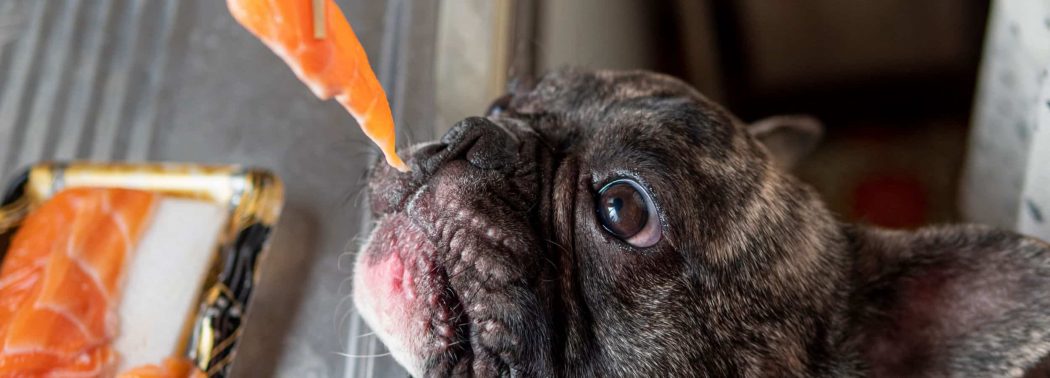
What to Do If My Dog Ate Smoked Salmon?
Ideally, it would be best if you did not wait for the above-listed signs and symptoms to develop. If your dog ate smoked salmon, call the veterinarian as soon as you become aware of the dietary indiscretion.
In the initial phases, differentiating between digestive upset and salmon poisoning is impossible because they both manifest the same. However, knowing the culprit is extremely important as it affects both the treatment and outcome.
Therefore, it is always advised to err on the side of caution – seek veterinary help for something minor and transient than wait and overlook a potentially fatal issue.
Summary
All in all, you should never feed your dog smoked salmon. Smoked salmon is a health hazard for dogs on multiple levels – from unhealthy processing to added ingredients to harmful parasites.
So, skip on the smoked salmon and give your dog regular cooked salmon. Boiled and plain or even lightly grilled (or air-fried) salmon is more than a healthy food choice. Just serve it plain and make sure there are no bones inside.
Sources
- Salmon Poisoning Disease, Jane E. Sykes, 2014
- Salmonella in dogs, SVA, 2020
- Fish Allergies in Dogs, Hannah Hollinger, 2021
- Successful treatment of severe salt intoxication in a dog, Céline Pouzot DVM, Christelle Descone-Junot DVM, 2007
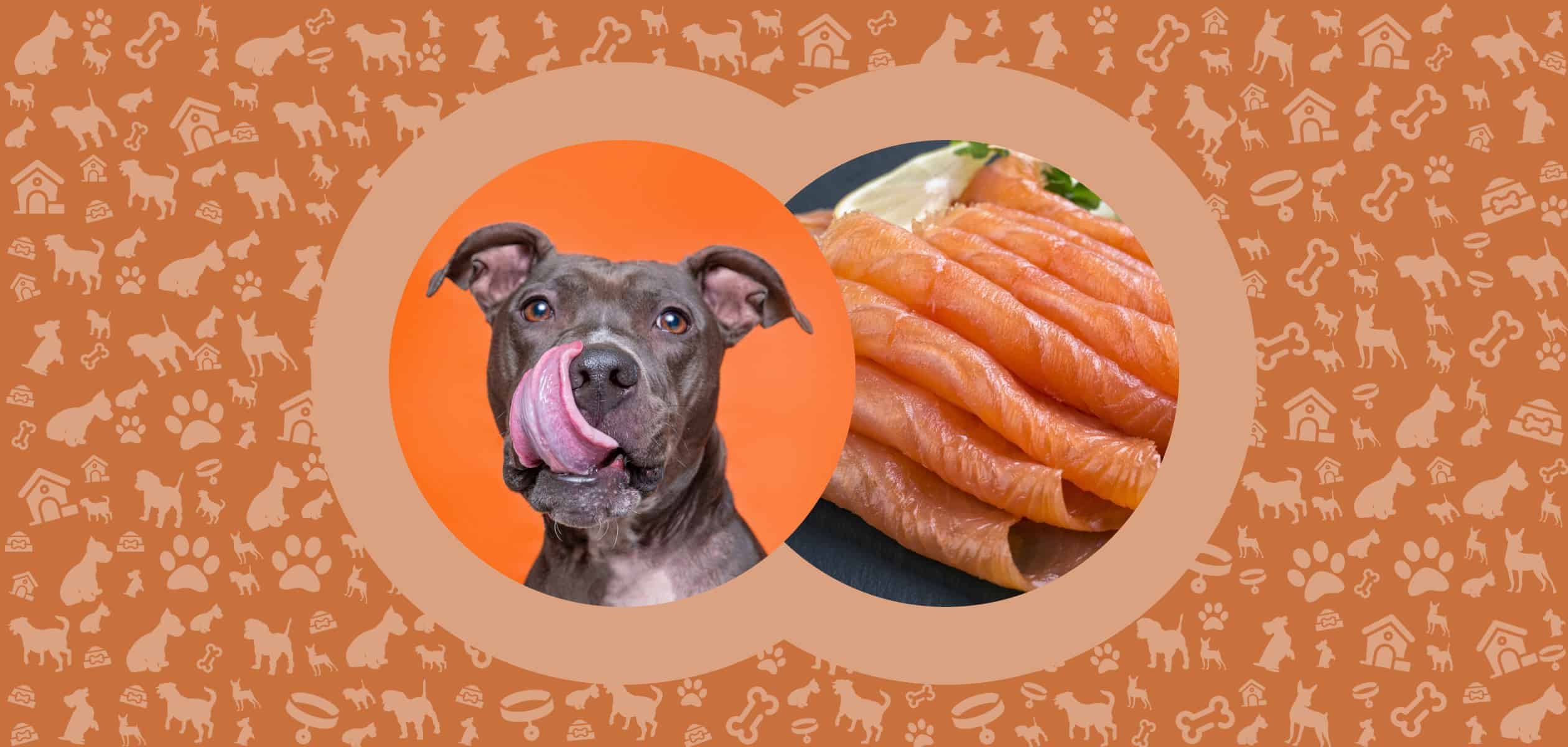
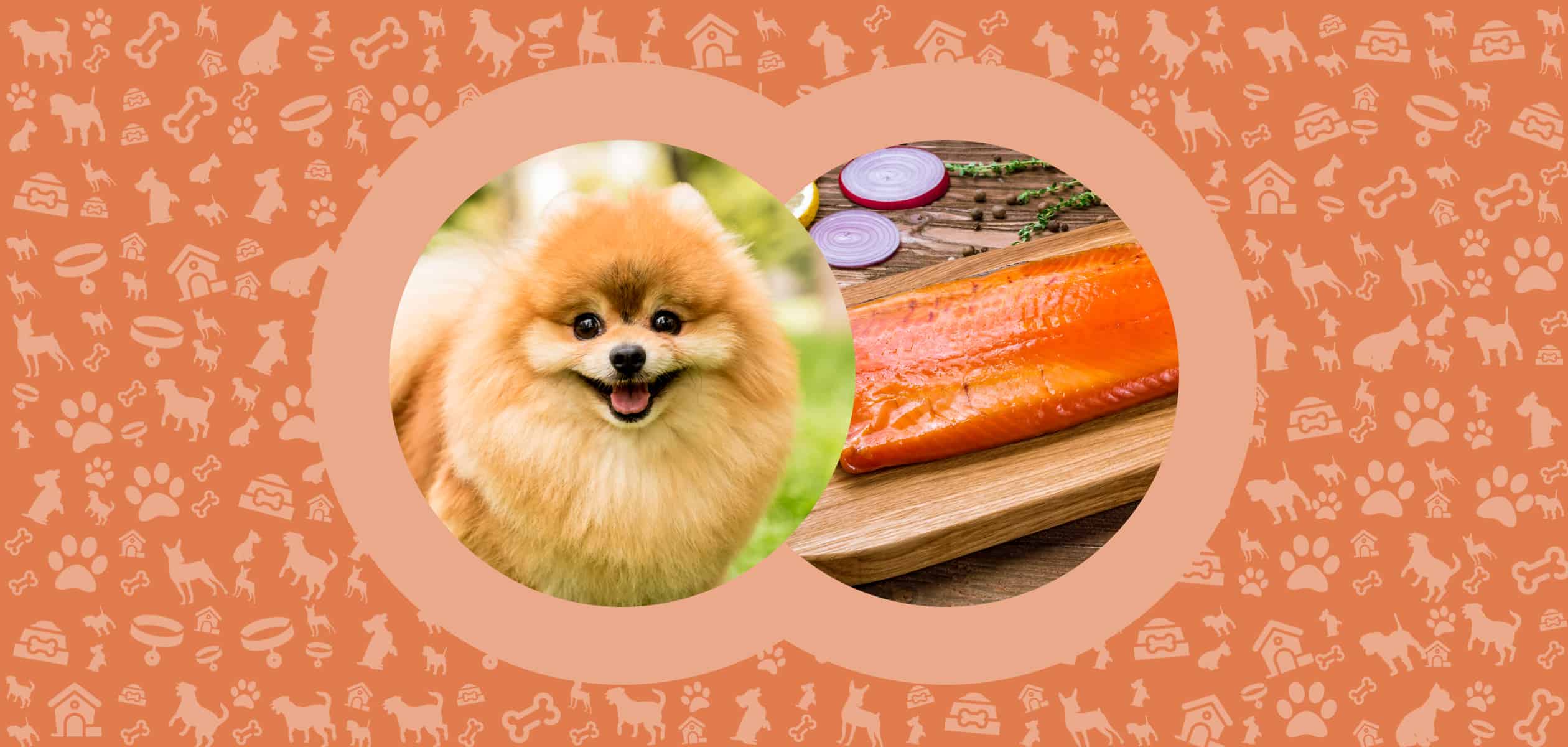
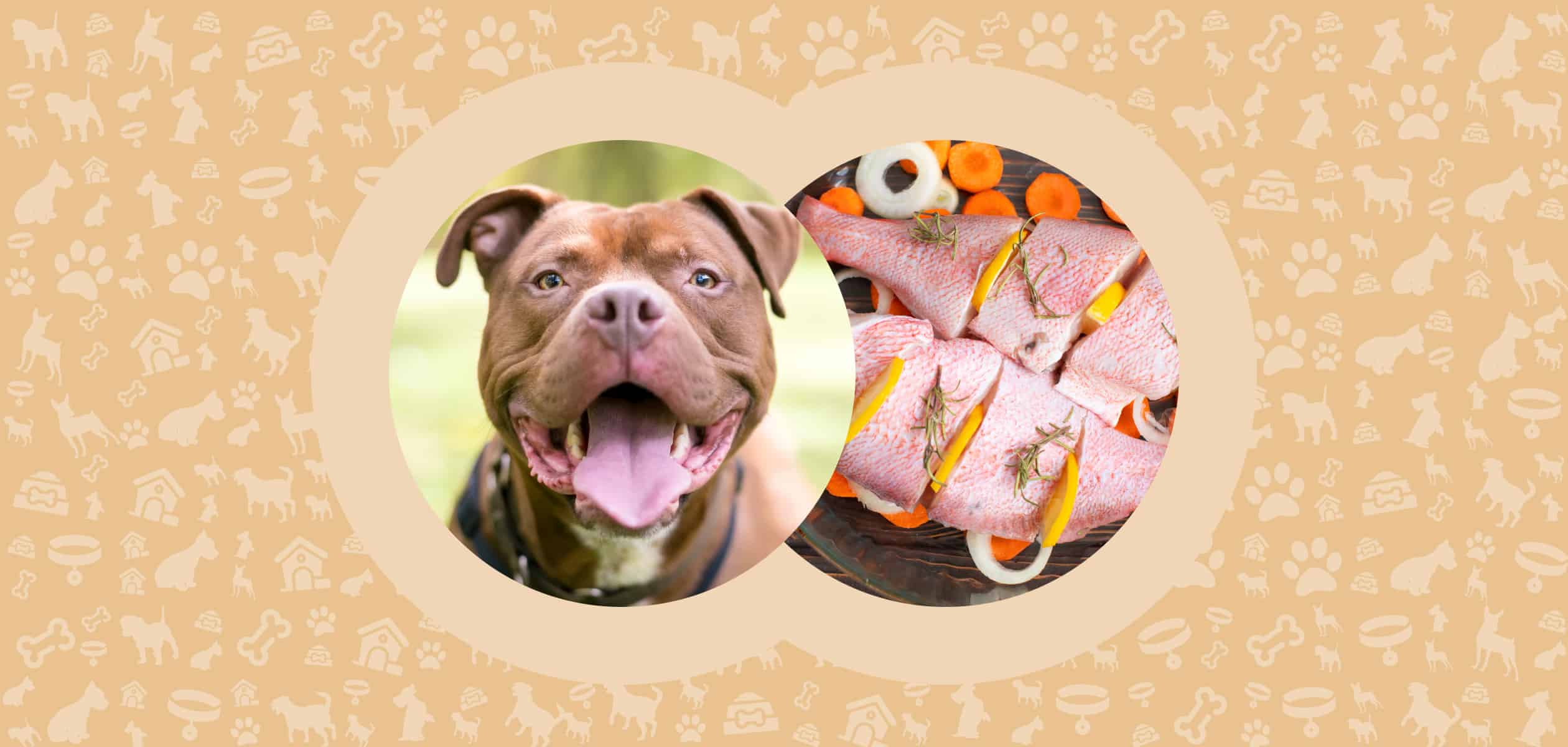
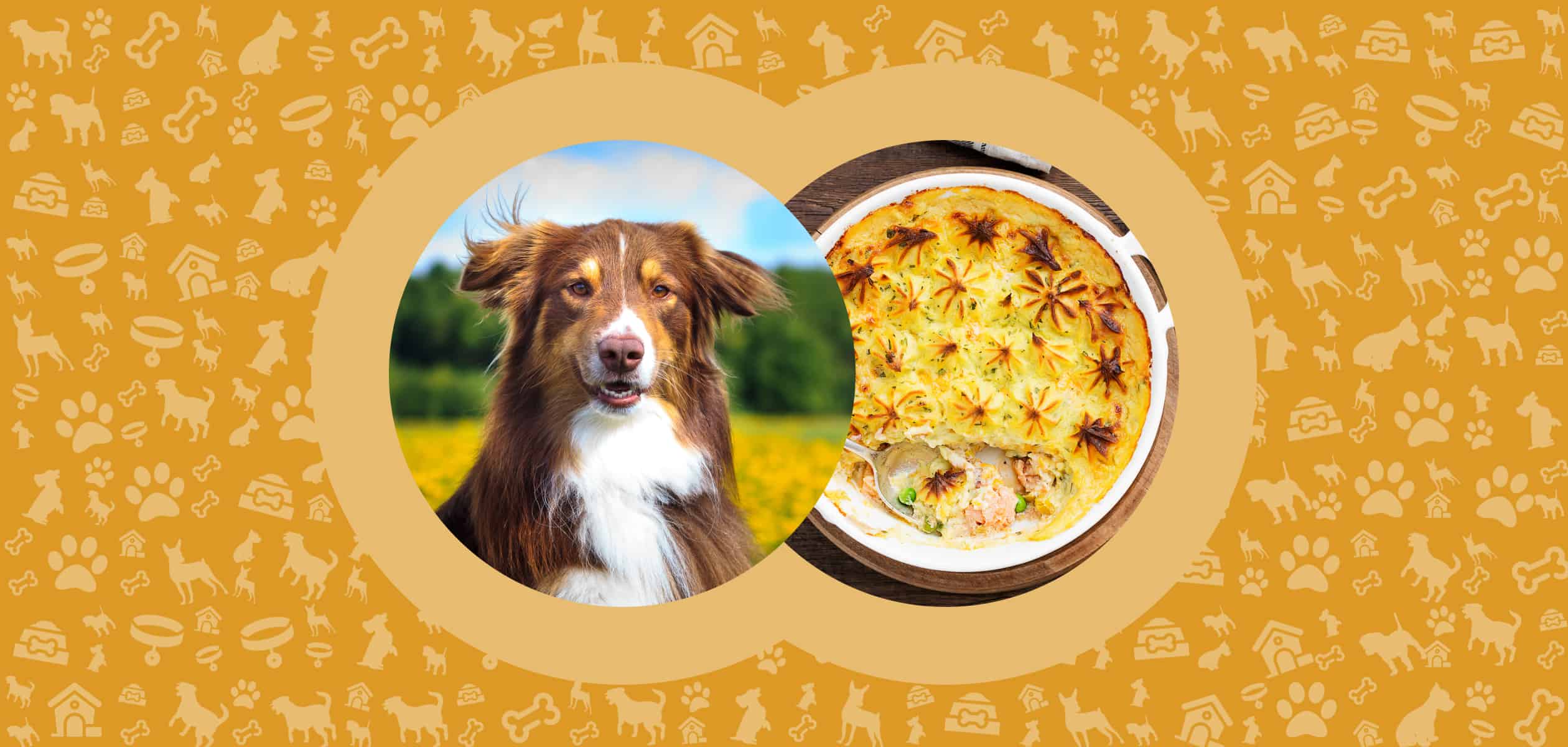
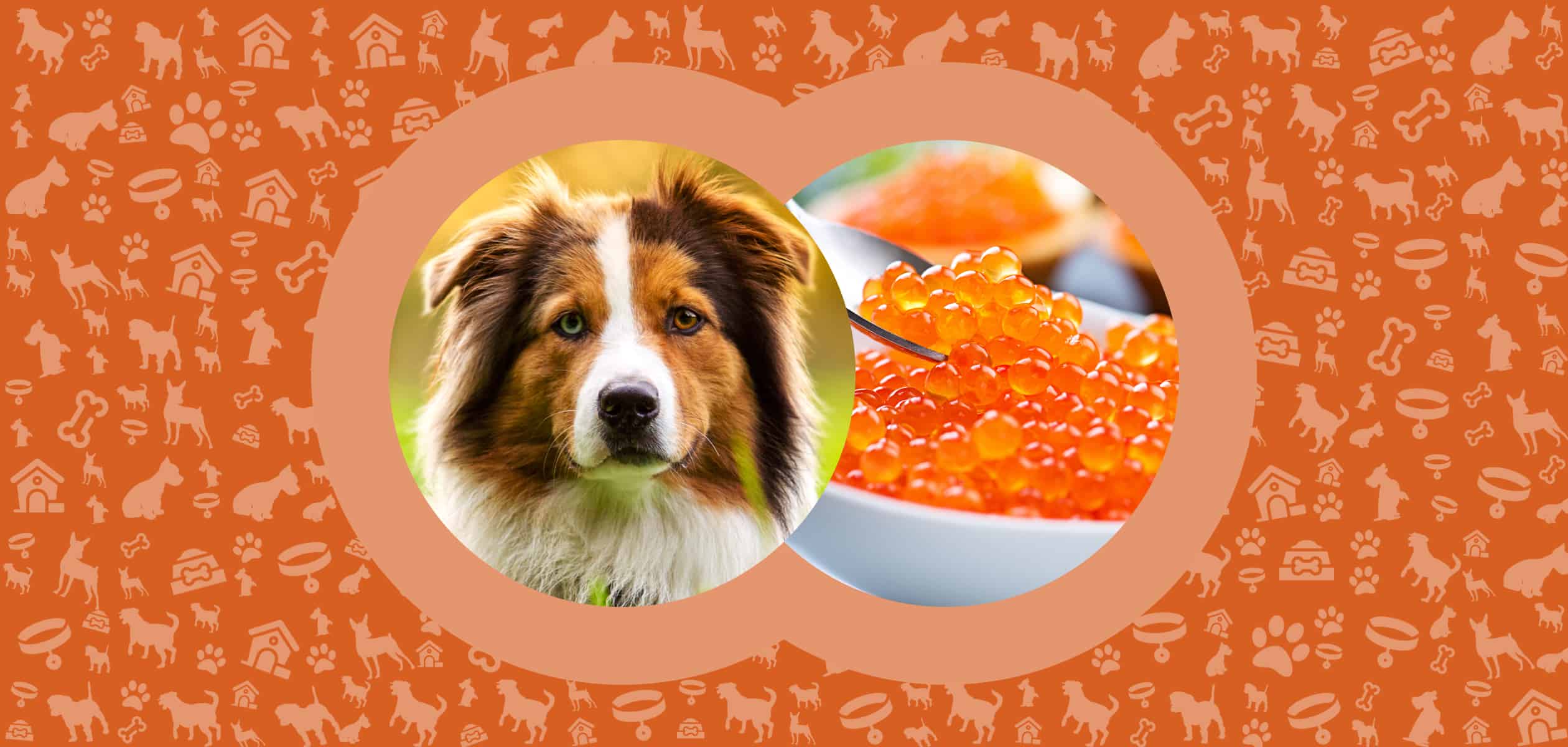
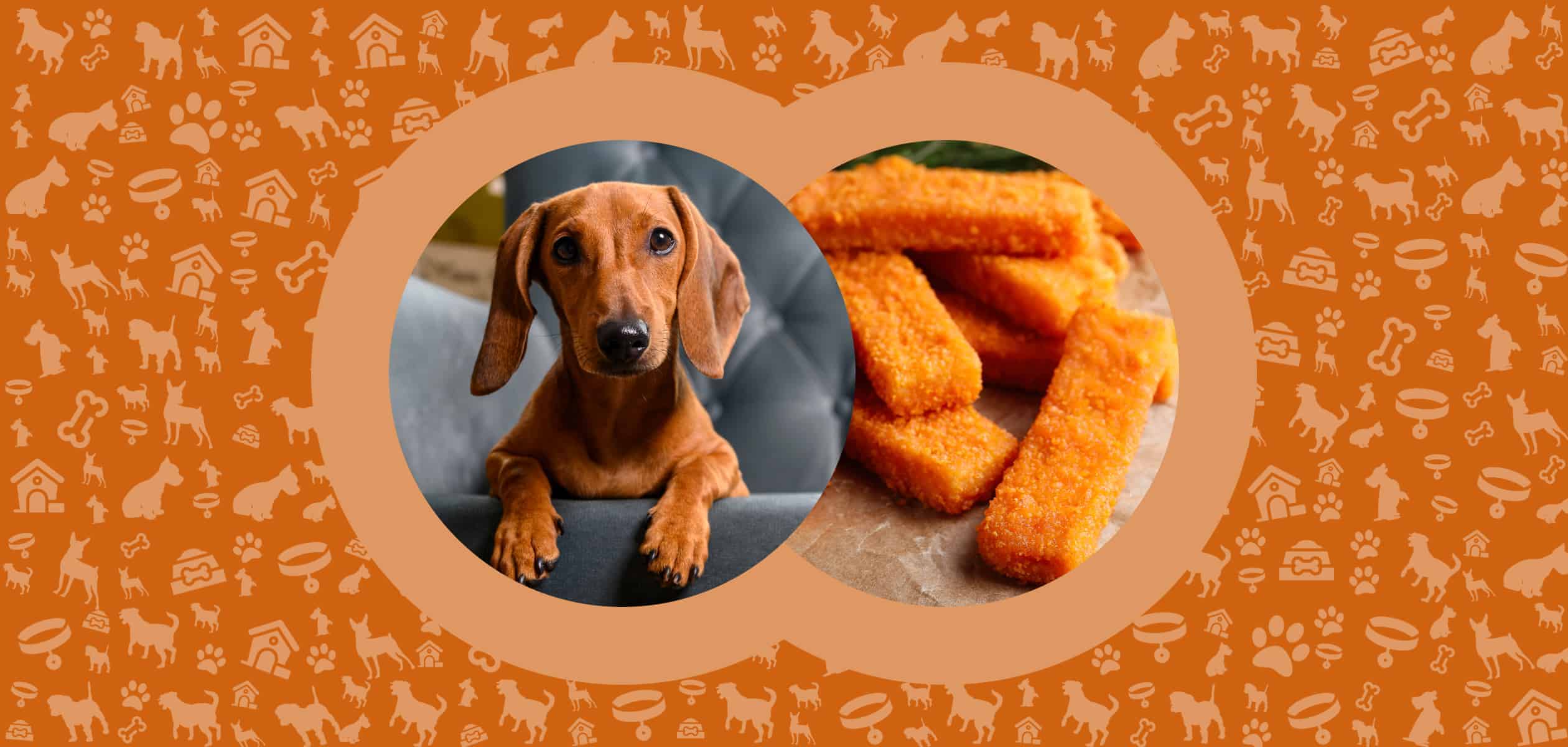
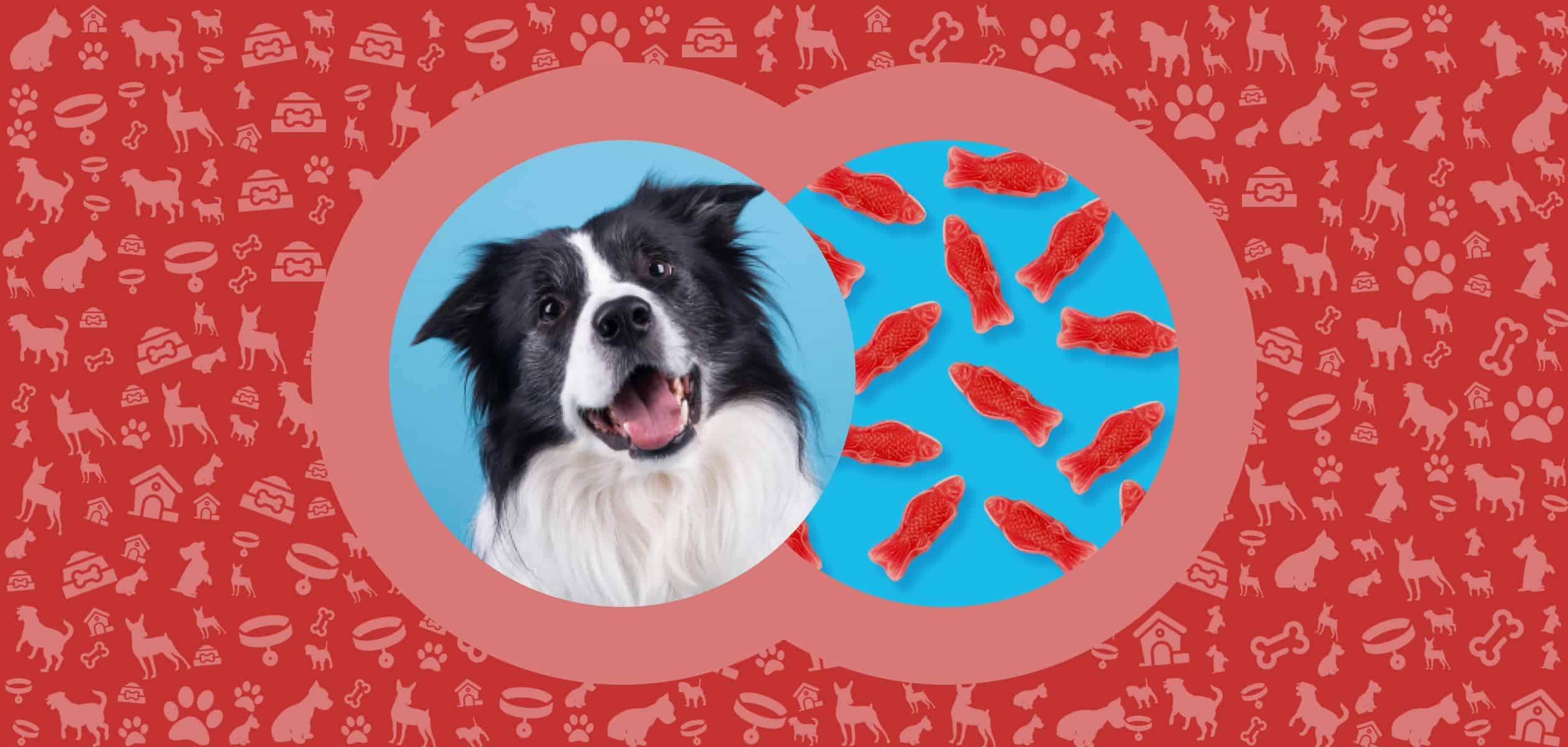
Leave a Comment